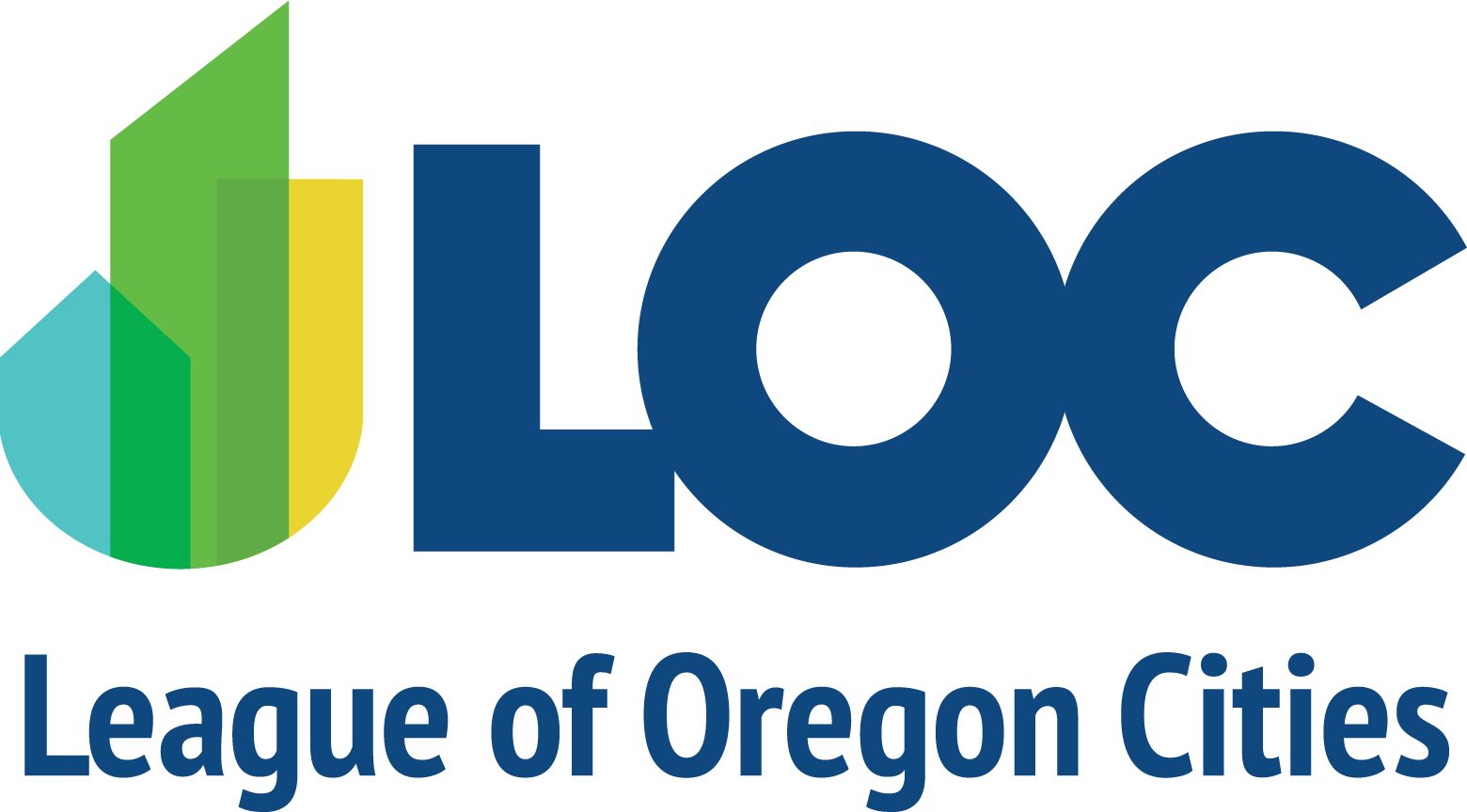2023 Legislative Session Preview
Lobbying efforts since the 2020 short session were literally flipped upside down due to the world-wide Coronavirus pandemic. As we transition from a global pandemic to an endemic, the 2023 legislative session will still feel similar to the previous two years because of the ongoing seismic upgrades in the Capitol.
Meanwhile, the LOC’s advocacy efforts in 2023 will face several challenges and unknowns.
First, public access to the Capitol will be a hybrid of sorts. The public will have access to the building, but due to the ongoing construction, legislative leadership staff is recommending that meetings be set up in advance. In addition, they are advising that once meetings have concluded or testimony has been provided, participants should then leave the building. Virtual testimony will remain a component of committee hearings, and as we learn additional specifics closer to January, we will keep our members informed.
A second challenge for the LOC’s advocacy efforts: one-third of the Legislature will be new because of the November election. Meanwhile, past interactions with the other two-thirds of the Legislature will have occurred in a virtual environment. We expect the relationship building with legislators to be challenging, as the dynamics of virtual interaction are much different from in-person. The turnover in the Legislature also presents a challenge to the grassroots effort that LOC members have rallied behind, because many cities will have new legislators representing their interests. This will make establishing relationships critical.
Senator Rob Wagner of Lake Oswego will be taking over as Senate President in 2023. Senator Tim Knopp from Bend will continue as the Senate Republican leader and Representative Vicki Breese Iverson of Prineville will continue as House Republican leader. Representative Dan Rayfield of Corvallis took over as Speaker of the House in February 2022. We will now wait for committee selection process, which will be in place in advance of the 2023 session.
To be successful, LOC members will need to rally behind the LOC’s 2023 key priorities. The League will need your collective help to focus on relationship building with legislators. When alerts go out, we’ll need every city to take time to contact their legislators and provide input to legislative committees. The eight key priorities were approved by the board in August and help frame the lobby team’s legislative focus.
Organizational Priorities
In addition, we have a set of organizational priorities that are critically important to the lobby team, because they help our evaluation of issues and provide some direction for a response. These organizational priorities are:
- Reform Oregon’s Property Tax System. Adopted by voters in the 1990s, the current system based on Measures 5 and 50:
- Is inequitable to property owners and jurisdictions alike;
- Is often inadequate to allow jurisdictions to provide critical services;
- Removes meaningful local choice; and
- Is incomprehensible to most taxpayers.
Reform has been a longstanding priority for cities, and the LOC will continue to advocate for constitutional and statutory reforms to enhance local choice, equity, fairness, and adequacy.
- Avoiding Unfunded Mandates. During recent legislative sessions, cities have been inundated with mandates that require them to take on additional work and shift priorities away from locally identified priorities to those that the state deems to be of greater importance.
- Preserving Local Decision-Making and Problem-Solving Authority. While local communities often face similar challenges, the solutions and tools necessary to address those challenges are rarely the same for each local community. What works in one city, may not work in another.
- Preserving Local Revenue Streams. Local governments only have a few tools in their toolbox when it comes to sources that fund essential city services. While revenues have taken a hit from the COVID-19 pandemic and communities wait for the economy to bounce back, cities will start to rely more on the finite revenues from state shared revenues, franchise/ROW fees, lodging taxes, and property taxes than before. Therefore, these revenue streams should be preserved at all costs.
- Serving in a Supportive Role to Provide Local Tools and Resources. The LOC recognizes that the state budget is severely constrained, and is committed to recognizing this reality as it pursues legislative and programmatic investments. The LOC asks that the state similarly recognize the budget realities of local governments and work to identify opportunities for targeted investments and tools to address needs at the local level.
- Avoiding Shifting of Additional Costs onto Local Government Partners. The LOC is concerned that decreased general fund and lottery revenues could result in further shifting of state programmatic costs onto local governments. This includes program funding involving a split of general fund and fees that may be paid by local governments. Any increase in fees to support state programs should be accompanied by an equitable increase in general fund investment. Increased costs to local governments mean increased costs for Oregonians, or further cuts to the services they rely on.
Build or start your legislative outreach NOW. If you don’t have a relationship with a state legislator, start one! If you have a new legislator, start the outreach now! Focus on the core education of what cities provide their communities and what issues create challenges. You might be surprised at the knowledge gap.
Finally, join us for City Day at the Capitol on January 25 to be heard and to work with other LOC members. We are making plans for the day, which include invitations to incoming Governor Tina Kotek and the entire leadership group from both chambers and major parties.
Contact: Jim McCauley, Legislative Director - jmccauley@orcities.org
